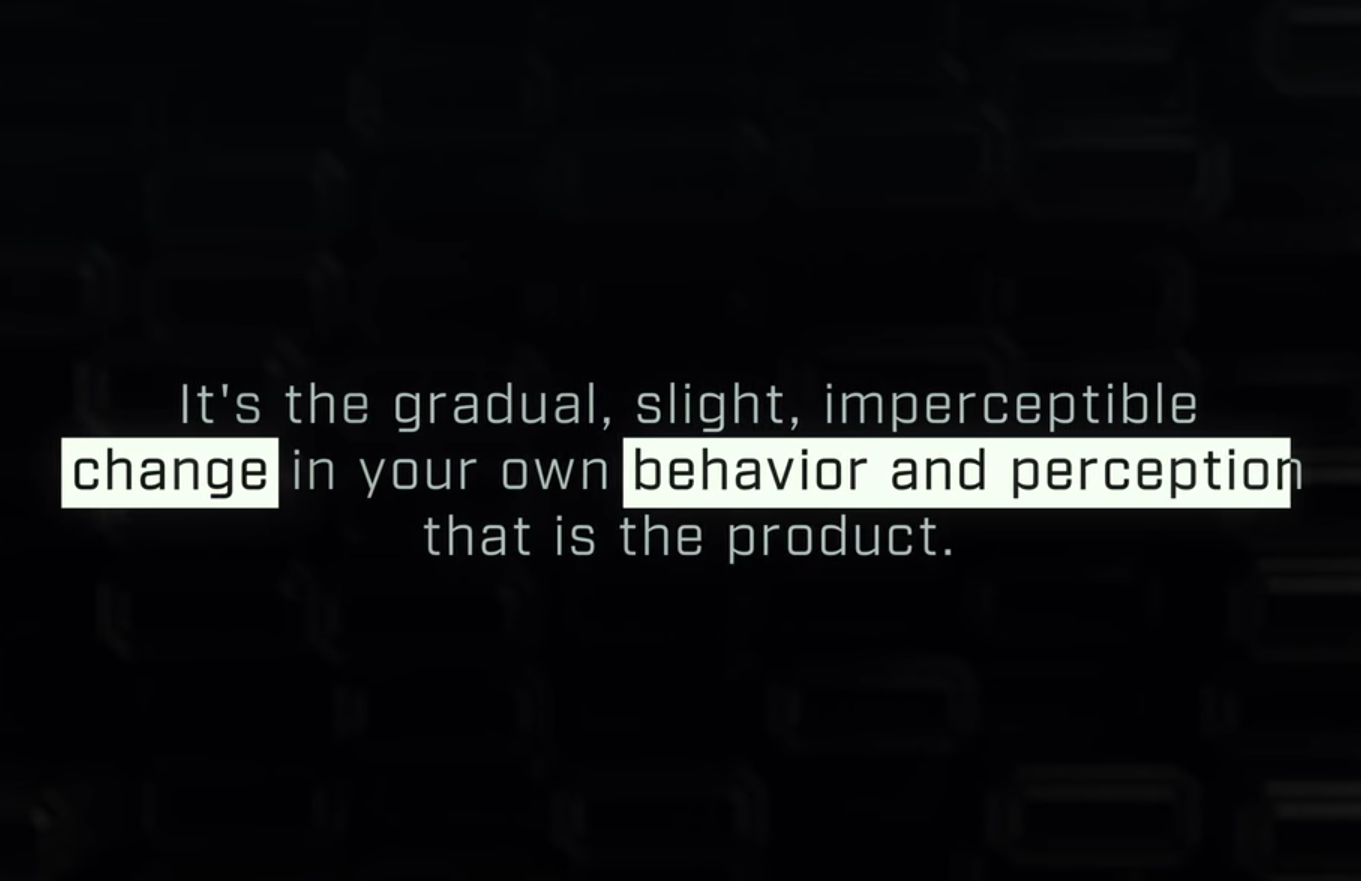Review: "The Social Dilemma"
Pulling together many threads, the film is informative and creates a sense of urgency

“The Social Dilemma” is a new Netflix film/documentary which has been breathlessly recommended to me multiple times by people from various parts of my life. I finally watched it yesterday. It lived up to the hype for me, and comes in at a tidy 94 minutes, so it’s fairly spritely given its subject matter.
Directed by Jeff Orlowski, one portion consists of a fictionalized family dramatizing people of various ages struggling with addictive technology, mainly smartphones and social media. The documentary part consists of interviews with many disillusioned social media entrepreneurs and practitioners, from Roger McNamee to Tristan Harris to Cathy O’Neil to Jaron Lanier to Shoshana Zuboff. [The links here are to posts where I’ve covered these people’s ideas.]
The result of this combined approach is an excellent and effective hybrid that places the blame for the way social media was built and the existential threat it poses squarely at the feet of the business model — surveillance capitalism.

Tristan Harris, the former design ethicist at Google and the founder of the Center for Humane Technology, is central to “The Social Dilemma.” He exudes a warmth that connects. He’s not alone in this regard, as the overall cast, pacing, and interweaving of interviews with illustrative fictional footage, are excellent, informative, and memorable.
A number of useful expansions of familiar saws — such as, “If you aren’t paying for a product, you are the product” — arrive unexpectedly throughout the movie, with Lanier providing the subtle elaboration pictured above, noting that “you” are not the product, but that “changes in your behavior and perceptions” are the product. If social media couldn’t claim those, it wouldn’t have anything to sell.
There are a number of moments where I felt myself sagging perceptibly as the film and its experts delivered body blow after body blow. Harris’ note that technology may be far from overcoming human strengths — but may have overcome human weaknesses — hit hard. On the other hand, Lanier’s feeling — like a techno RBG — that critics and dissenters are the true optimists and signals of the future, was reassuring.
There is hope, and changing the business model is the key. That involves regulation — just as we made it illegal to create markets that profit from exploiting human slaves or markets that profit from harvesting human organs, we can make it illegal to create markets that profit from manipulating human attention.
I will stop writing now, and end by strongly recommending the movie. Watch it, and contemplate some of our culpability in making the world go crazy.
Highly Recommend.